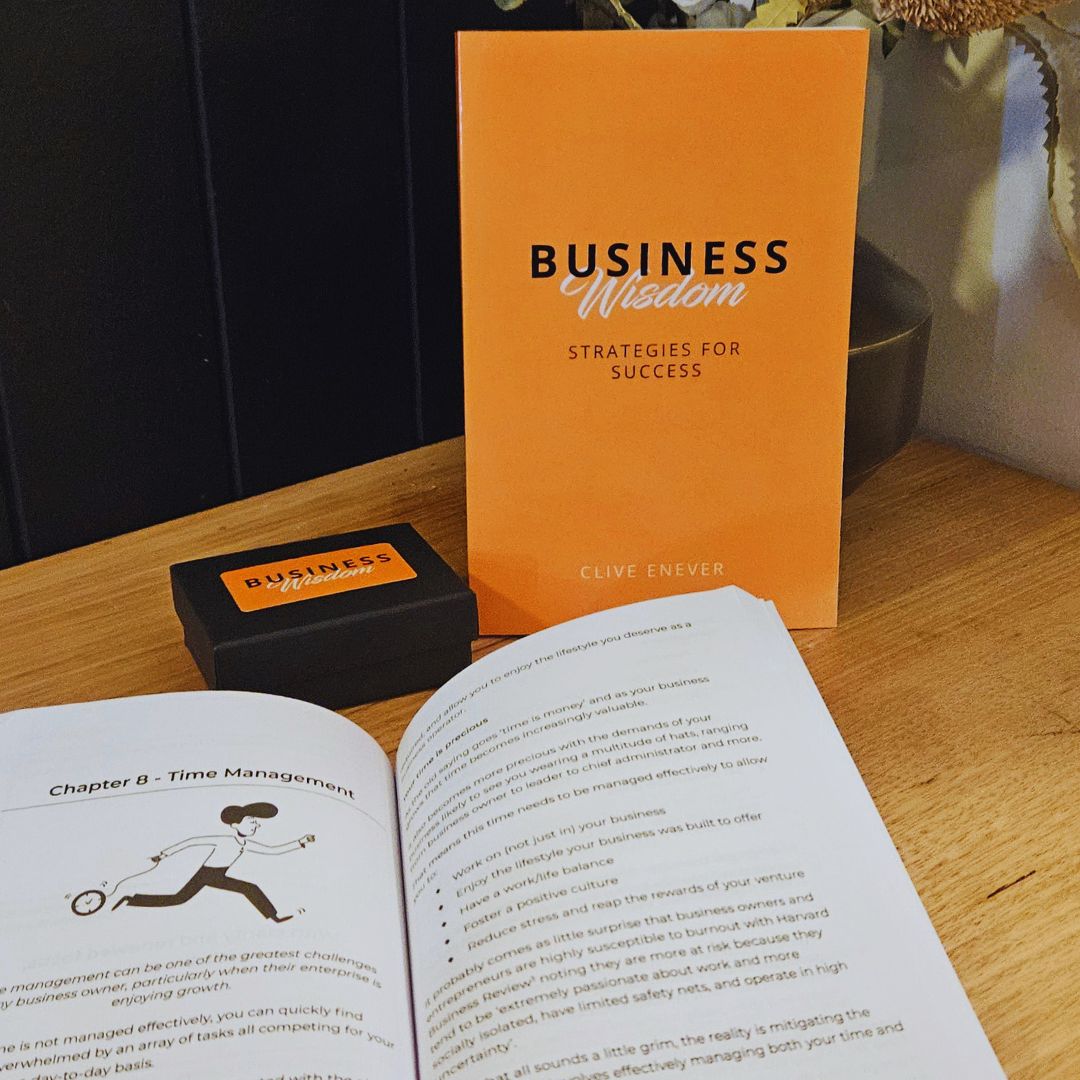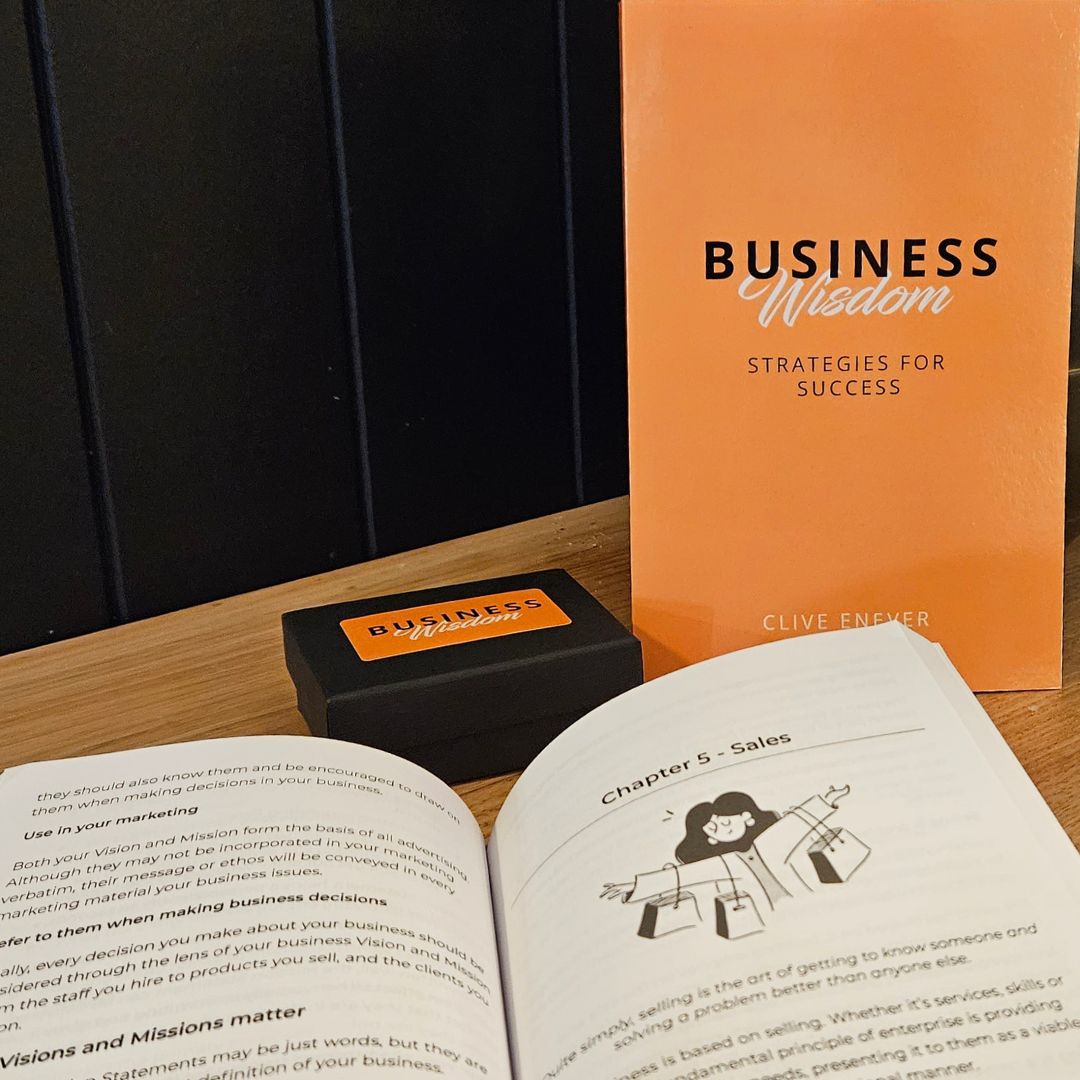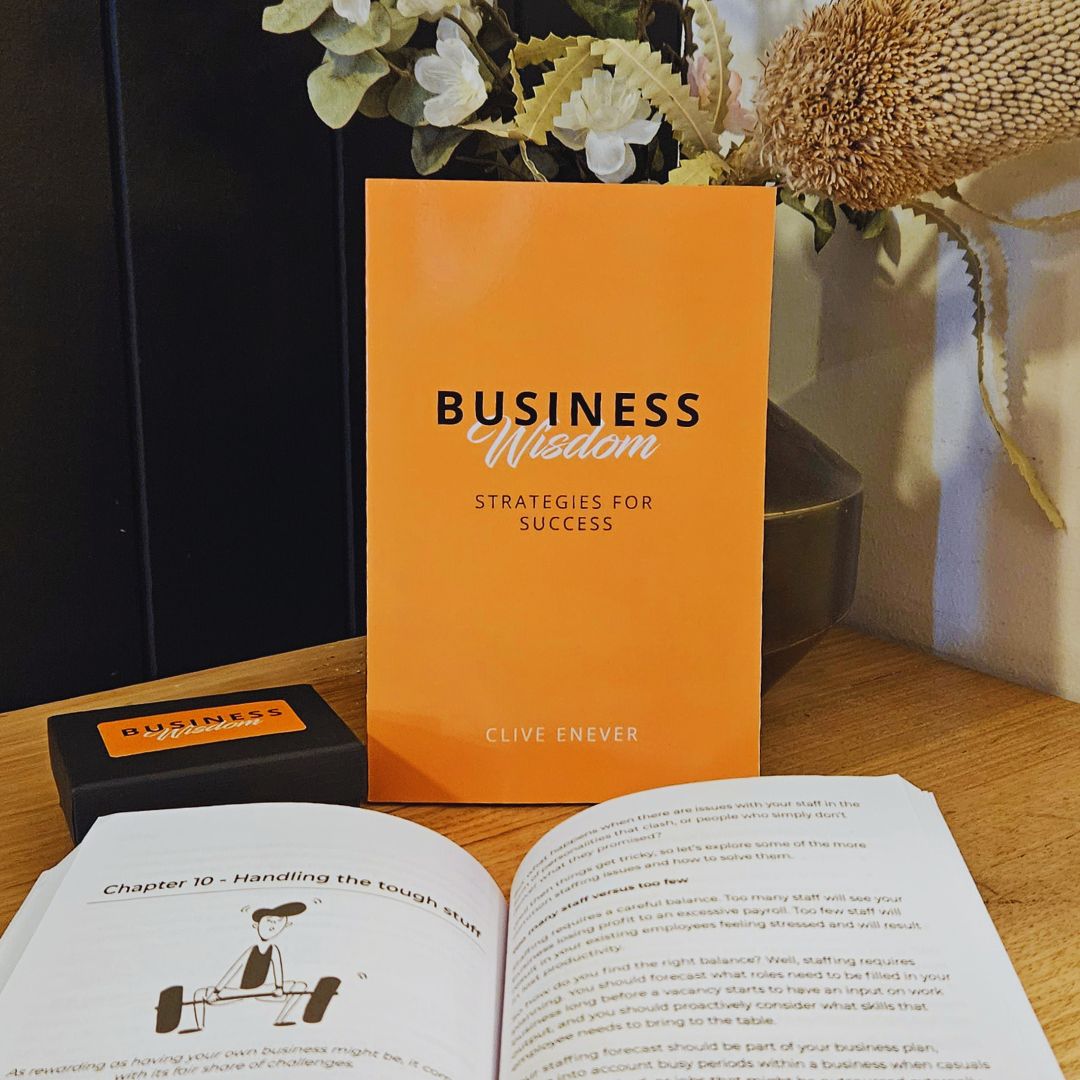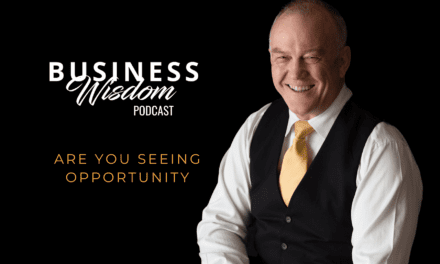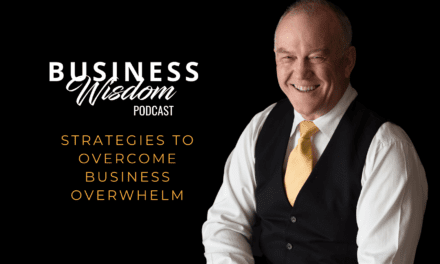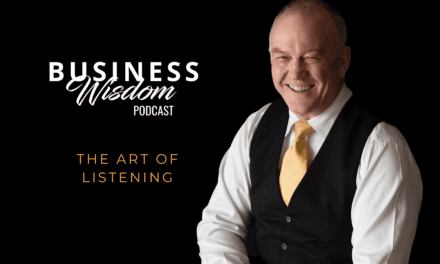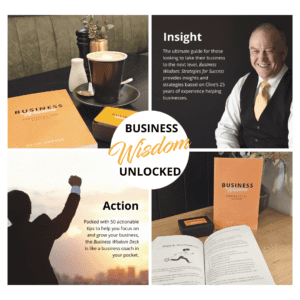Regardless of whether it’s good or bad, customer feedback is incredibly valuable when it comes to improving your business. After all, who knows your business better than the people who actively seek out your products and services?
Here, we look at the importance of customer feedback and how you can use it to refine your offerings and align them more closely with your customer’s needs.
We discuss:
- The importance of feedback
- How to accurately decipher that feedback
- The top strategies to implement feedback into your business
Inside the mind of your customers
A fundamental truth in business is that feedback, regardless of its nature, is inherently valuable. It serves as an unfiltered glimpse into the minds of customers and stakeholders, revealing insights that might otherwise remain hidden.
Entrepreneurs often encounter the phrase, “Your customers will tell you how to run your business”.
This adage holds truth, as feedback from customers can steer decision-making processes, inspiring enhancements that lead to more favourable outcomes.
Useful insight or simple noise?
However, the journey from receiving feedback to interpreting it correctly is fraught with challenges.
Distinguishing between useful insights and noise requires a discerning ear and an open mind. It’s easy to dismiss negative feedback, often unaccompanied by compliments or positivity, yet within every critique lies an opportunity for growth and improvement.
The crux is to remain alert and decipher the true message embedded in the feedback.
An example
Consider a recent scenario involving a business owner who ran a longstanding program. Despite years of positive performance, the owner received an email laden with criticism.
This feedback, harsh and devoid of any constructive elements, pointed out flaws and stated that the program was overpriced. Initially, the communication might seem purely negative.
However, closer inspection reveals underlying issues that merit attention. The business owner realised that although the feedback was difficult to hear, it offered a chance to reassess the pricing strategy and understand the customer’s expectations better.
In situations like these, discerning truth from emotionally charged words is crucial.
Even when critique is stinging, it can highlight aspects of the business that require attention. In the case at hand, the commentator admitted to basing their feedback on prior experiences.
This discrepancy underlined a need to better communicate the program’s value to participants. More importantly, it raised questions about the relevance of feedback when it comes from individuals unfamiliar with the current offering.
Who is the feedback coming from?
Feedback can sometimes come from those who are not the intended audience for a product or service. When a message is delivered by someone outside the target customer base, it is vital to critically assess its relevance.
Not every piece of feedback will be pertinent or beneficial. Thus, businesses must focus on input received from their ideal customers—those who find genuine value in their offerings. It’s essential to discern between noise and actionable insights.
Maintaining your focus
The key is to maintain focus on the mission of delivering value to the intended audience. When feedback aligns with this goal, whether positive or negative, it should be heeded.
However, input that strays from this focus can often be set aside, allowing businesses to remain true to their core objectives.
An engine for self-improvement
Feedback is not just a tool for critique—it is an engine for self-improvement and innovation.
By listening carefully and acting thoughtfully, businesses can transform even the harshest criticisms into stepping stones toward success.
While it may not always be pleasant to hear, the underlying messages of feedback can lead to meaningful advancements.
Embrace feedback with an open mind, sift through its content diligently, and let it inform strategies that align with delivering greater value to your ideal customers.
Stay motivated, but more importantly, stay inspired. Let this inspiration drive you to achieve more than ever before.
Business Wisdom: Strategies for Success
Business Wisdom: Strategies for Success, written by renowned business strategist Clive Enever, is the ultimate guide for entrepreneurs and business executives looking to move to the next level.
The book provides readers with insights and strategies based on his 25 years of experience helping businesses of all sizes and industries.
Covering topics such as business planning, customer engagement, leadership, time management, risk mitigation, and growth, this book offers practical advice, tools, and exercises to help readers achieve their business goals.
With a focus on empowering readers to achieve a fulfilling and successful business aligned with their personal needs and aspirations.
Business Wisdom: Strategies for Success is an essential read for anyone looking to succeed in the competitive world of business.




